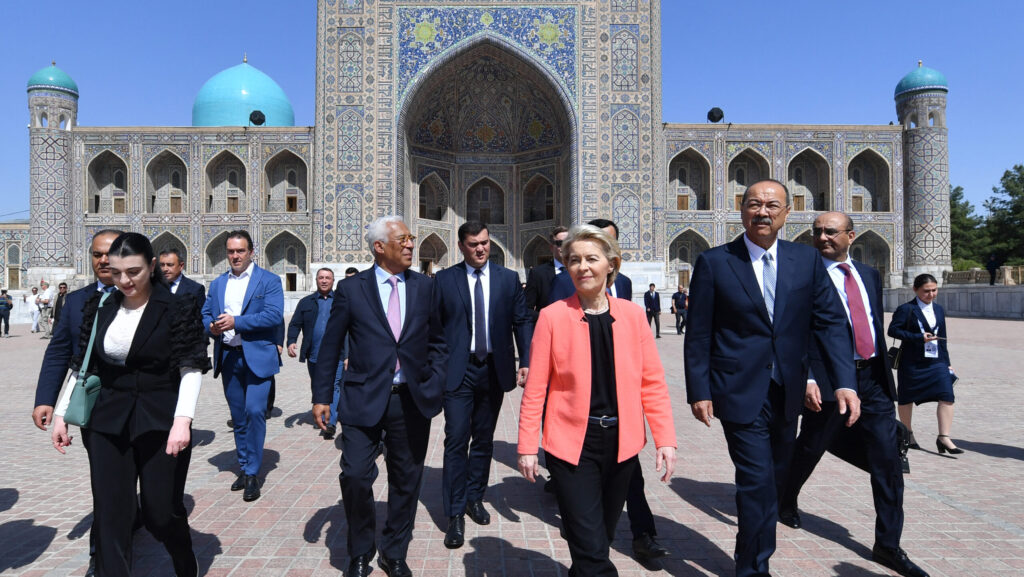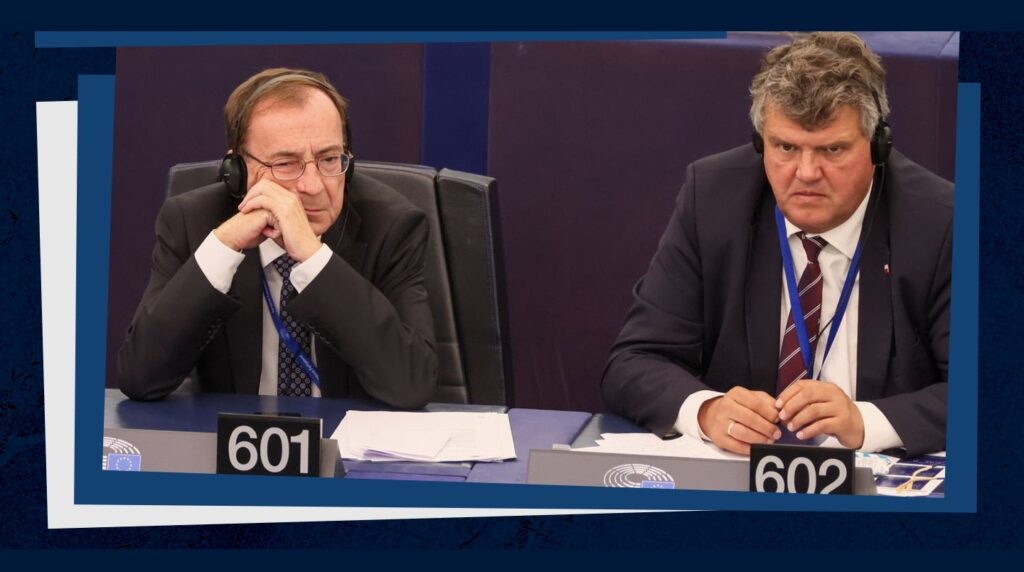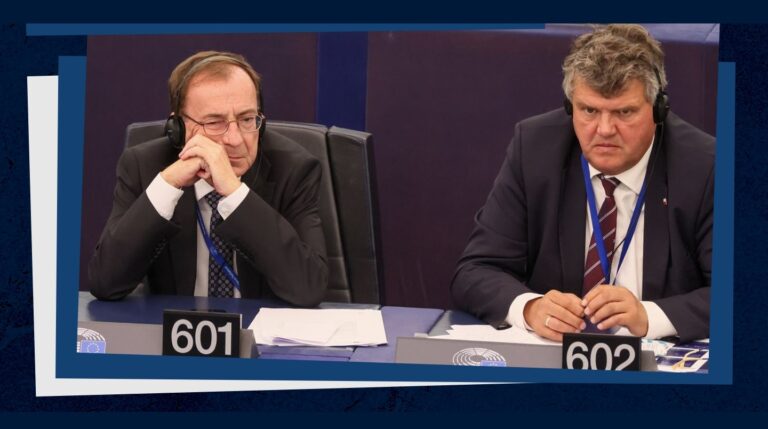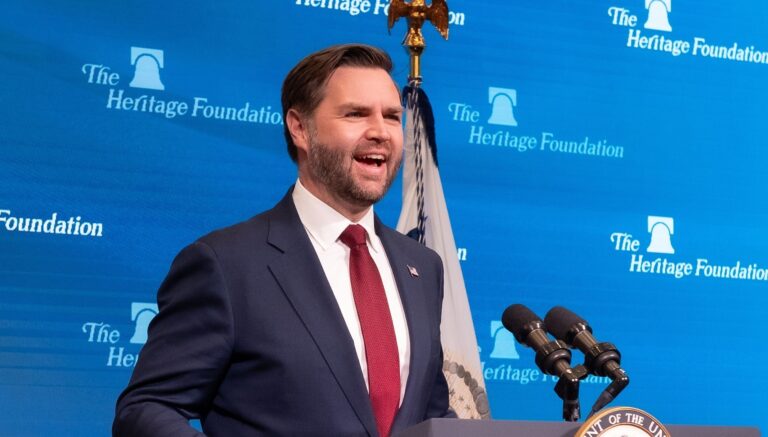Universal Christian values are under attack today. In the West, Christians face political aggression, however, in the East, their mere existence is threatened. Hence, the Hungarian government decided to take action to provide life-saving help to persecuted Christian communities around the world.
Four out of five people persecuted for their faith are Christians, and some 245 million Christians around the globe suffer extreme persecution. At the same time, political indifference towards the persecution of Christians prevails in the 21st century. The Hungarian government, by contrast, is committed to protecting and strengthening Christian values and culture throughout the world. I am proud to say that Hungary is a Christian nation that recognizes and protects Christian values in preserving its tradition.
In 2016, Hungary became the first country to launch a scheme aimed at helping persecuted Christians. ‘We have seen that there is neglect, there is a wall of silence built around this problem. We have not allowed this global human rights crisis to be silenced,’ emphasized Tristan Azbej State Secretary for the Aid of Persecuted Christians and the Hungary Helps Program, then continued to add ‘they found allies who began to support the persecuted Christians on the Hungarian model.’ As an example, he mentioned that with the greatest commitment, the Polish government cooperated under the auspices of the programme, and during the Trump administration, the United States was also committed to the cause of persecuted Christians. The organization also cooperates with Estonia, Greece, Slovenia, and Brazil. Rather than working with international organizations, such as the United Nations, or awarding contracts to big-time NGOs, Hungary prefers to work directly with the churches and civil societies on the field.
Support for Christians is explicit, but not exclusive.
The programme aims at providing adequate support in different crisis areas. The basic principle of the Hungary Helps programme is that help should be provided at the point where it is needed instead of transporting trouble over to Europe. Along with this principle, not only humanitarian disasters in crisis areas can be mitigated, but also the root causes of migration can be eliminated. In the past four years, the initiative made it possible for 100,000 people to stay in their homeland or its close region instead of migrating, as migration in itself poses both security and health risks for them.
In 2020 the programme was extended to communities in Lebanon, Syria, Kenya, Nigeria and Pakistan affected by famine, the pandemic, and terrorism. It also supported educational institutions in the Holy Land that became unfit for teaching purposes, along with the Syrian Orthodox Church in Antioch and the Armenian Apostolic Church, which received reconstruction aid.
The purpose of the Hungary Helps programme is not only to improve the daily lives of those who are in need but also to create peaceful coexistence. Hungary cannot resolve major humanitarian crises on its own, but it also does its best to raise global awareness of the persecution of Christians.








